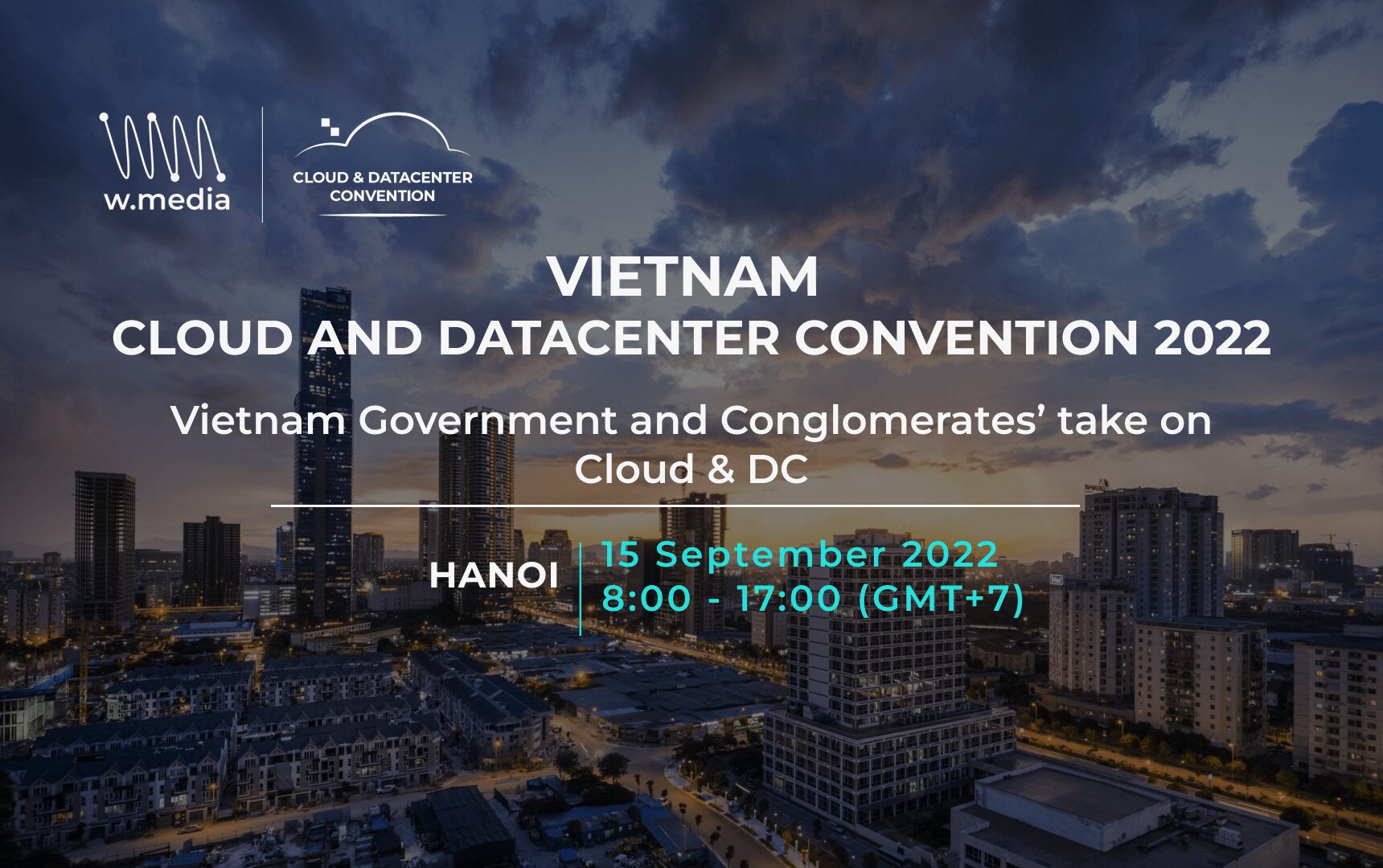Amazon Web Services (AWS) is stepping up its expansion in Vietnam by encouraging more clients to store their data on its offshore-located cloud. However, the Vietnamese government is concurrently pushing domestic companies to store their data within Vietnam for security reasons.
Notably, Amazon has sought to increase its presence in Vietnam, and aims to secure data centre customers in the country. The company first announced AWS outposts in Vietnam in 2021, and introduced its global IT training programme in the country.
Amazon is a major player in the cloud industry and local companies may welcome investments from AWS. However, the Vietnamese government’s scrutiny over AWS’ compliance with local data laws is another hurdle the company will need to overcome.
Working Through State Drive for Data Localisation
AWS’ interest in the Vietnam market is unsurprising, given strong market prospects in the country as Vietnam accelerates its digitalisation processes and boosts 5G adoption. Cloud service providers, telecommunications companies, and big data users have driven strong demand for colocation services in the country. The state has also launched the National Digital Transformation Roadmap 2025, to transform Vietnam into a competitive digital hub.
Yet, the Vietnamese government has also become more concerned about data security and data sovereignty.
In December 2021, Vietnam’s Ministry of Public Security issued a Draft Decree on Personal Data Protection (PDPC), urging data centre operators to store their data in Hanoi and Ho Chi Minh city for security reasons. Furthermore, as part of the state’s digitalisation push, Vietnam’s information ministry aims to raise domestic companies’ share of Vietnam’s cloud computing market, from 19.7% to 70%.
Speaking to Nikkei Asia, a foreign affairs lecturer from Vietnam National University, Huynh Tam Sang, observed that “with this move [on data localization], Vietnam seems to be eyeing improved data security, which means shielding its potential data loss and infiltration from outside influences.”
In response to Vietnam’s concerns, Emmanuel Pillai, education and training head at AWS ASEAN, affirmed that data “security is our top priority… AWS cloud is architected to be the most flexible and secure. Wherever we operate, we want to be compliant with government rules and regulations. And we also want to ensure customers’ data is protected.”
Furthermore, while AWS has data centres in Singapore and Indonesia, Amazon does have plans to construct a smaller “local zone” in Vietnam, which would host part of its data centre operations, in compliance with state localisation rules.
Nonetheless, AWS has not always been able to comply with Vietnamese legislation without compromising on its own interests. Notably, AWS is part of a lobby group of cloud providers in Vietnam, the Software Alliance, which aims to push back against an update in Decree 72, which requires cloud companies to vet and block user content considered to be “objectionable” by the government.
It remains to be seen whether AWS will be able to strike a balance between compliance with Vietnam’s legislation and protecting its own business.



